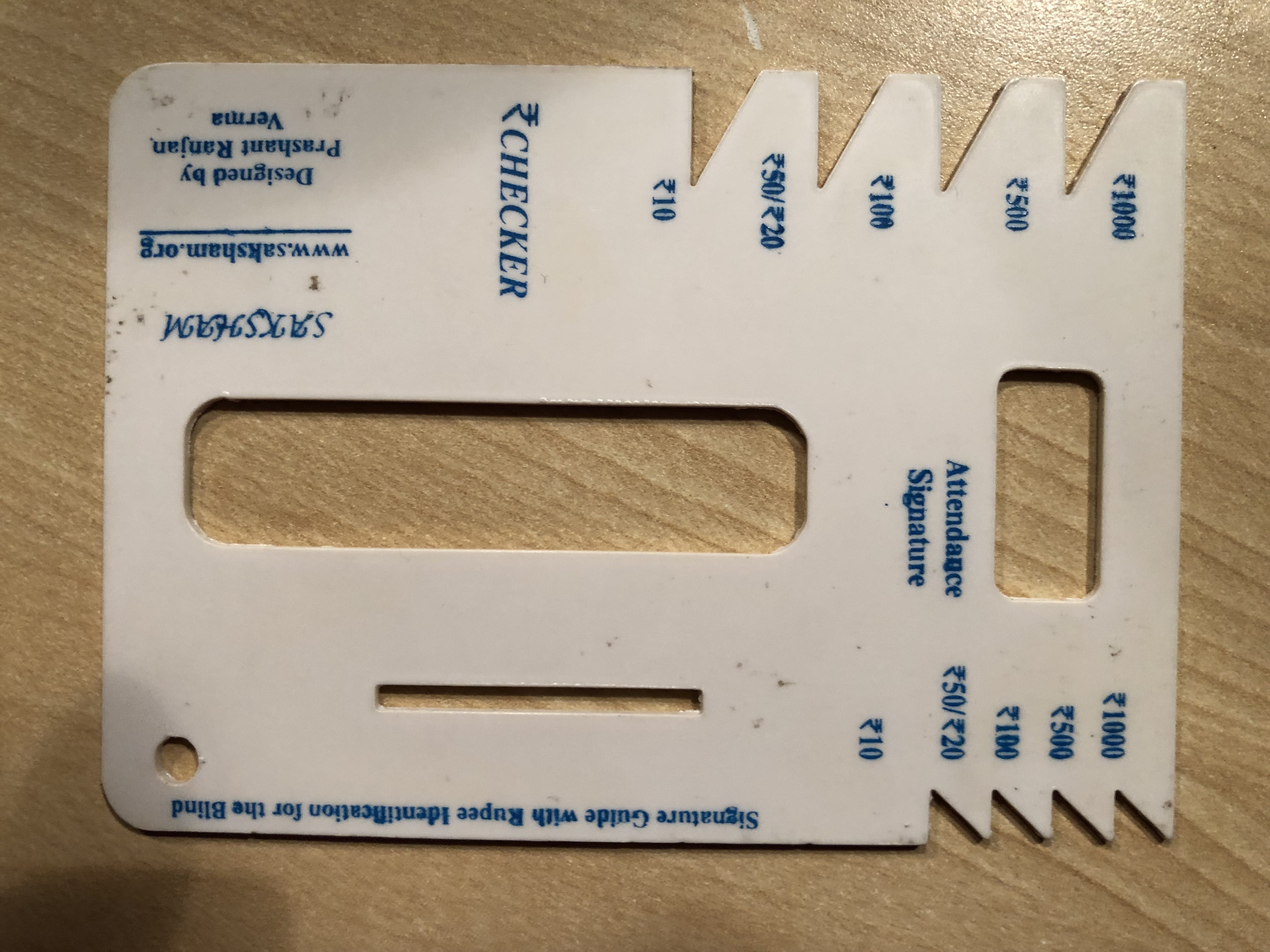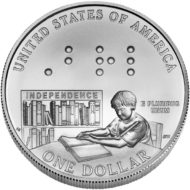I had a feeling that I would need to get back to India for more work, but I didn’t think it was going to be that soon. Though last year I spent almost three weeks in India, there was so much more I wanted to learn about, I was delighted to find out that I got awarded another three weeks. This time after visiting Bangalore again, I went to Hyderabad and Delhi.
Last time I had to miss the monthly meeting of the Karnataka Numismatic Society, so I was glad to find out that they were meeting while I was in Bangalore. On that Sunday morning, I took an Uber to the hotel where they met. As soon as I arrived, I didn’t even have a chance to ask where the meeting was, Mr. Parekh came up to me. It was great to see him again. He took me to the meeting, where they already had a full room, and also a few dealer tables.
During the meeting, I was introduced to the group, and was asked to talk about myself and my numismatic background. I have to say I wasn’t prepared for it, but this is something I am always happy to talk about. Instead of just giving a self promoting talk, I was speaking about how you can stretch your imagination, and something as collecting blind can be made possible even if by default it doesn’t look like the obvious idea.
After my talk I had a chance to speak with a few people and visit some of the dealer tables.
Some of my favorite dealer tables in a long while. They mostly had relatively new coins and banknotes, just out in the open. Coins were sorted into different buckets, and I could browse to my heart’s content. I picked up a few missing coins and while I don’t collect currency, I couldn’t resist…
I have to mention that this time I really did my homework, and I found three museums in all three cities. I wrote to each one of them, a few emails bounced back, but finally I was able to find contacts for all. Unfortunately, I did not get any responses from anybody.
In Delhi I was determined to go to the museum anyway, I almost visited them last year but the layover was too short. Now I was happy I didn’t venture out from the airport, because what I didn’t know was that getting there is even more difficult than what I originally thought it would be.
As I haven’t heard from anybody, a few days before my planned visit, I contacted them again. The web site says that they ask people with disabilities to get in touch at least two days before the visit so that they can make special arrangements. Well, I did two weeks before, two days before, still nothing. Fortunately my colleague had some contacts, and finally he was able to schedule a meeting for me.
It was a guided tour of the museum, which also touched on the coin exhibit, which was two rooms. The exhibit sounded interesting, but it was a bit frustrating to me to finally be there, and not be able to experience anything at all. I did check off a bucket list item, but not the way I wanted to. I have to say that reading about the exhibit and Indian coinage at home was more rewarding.
The end of the tour was surprisingly great though. They had about 25 objects on display, with braille signs. They were statues, masks, and even a replica of an old coin. They pride themselves as being the most accessible museum in India. In all fairness, it was interesting, and throughout the tour, there was more to touch than what you would find in a museum in general. What surprised me was that in a museum which aims to be so accessible they could not accommodate my requests, while at other places for the most part people are able to provide me with an outstanding hands-on introduction of their collections even though they are not expecting blind visitors.
As part of my work, I made a presentation at the National Association for the Blind in Delhi. In a conversation, it turned out that our host, Prashant Ranjan Verma, the General Secretary, was involved in making currency accessible for blind people. He has designed a card which helps blind people identify currency based on size. Unfortunately, it does not work for the new currency, which does not have that much variety in size. Based on his work, he was also asked to design a similar card for Mauritius. I am honored that he gifted both cards to me.

I have heard that some of the new currencies have tactile marks. I only found a new 500 Rupee, and while the tactile marks were there, it is not easy to identify, and it can only be found on crisp notes. In practice, this is not a solution that one can use quickly in a store.
India was amazing, I had a chance to visit so many interesting sites and get exposed to outstanding work people do. I am not going to write about all of it, because it is just outside of the scope of this blog.

It was delightful going through your blog and this piece in particular, Tom. I do agree with you that the new Indian currency notes do not have very good tactile features. I do hope that some thought is given to this aspect by the Reserve Bank of India. I have subscribed to your email newsletters.
Hi Rajeev,
Thank you for reading my blog, I am glad you enjoyed it. Yes, we can say that the tactile features are not the best. But in the meantime, there is a difference in currency size which you can tell using the money identifier card, but most importantly, India has joined the list of nations who want to make their currency more accessible for people with visual impairment which is really great.